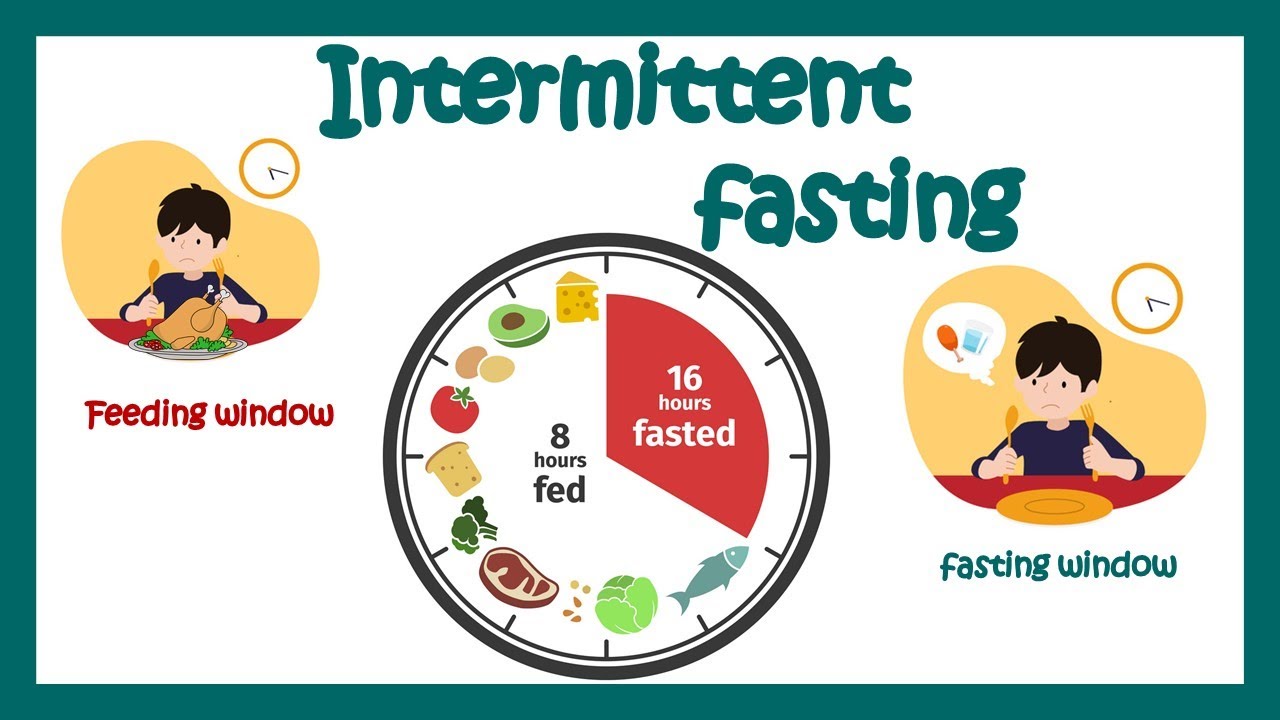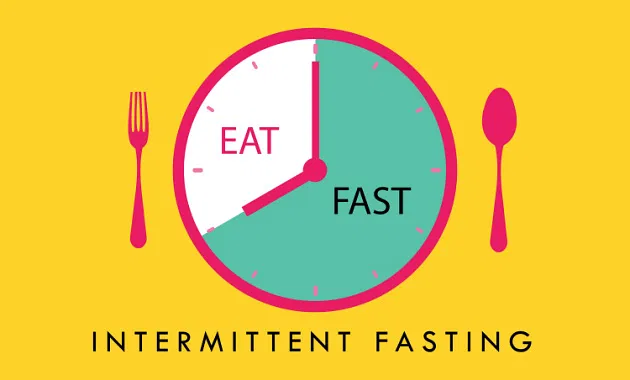
Intermittent fasting (IF) has emerged as a popular lifestyle choice for health enthusiasts and professionals alike. Rooted in science, it’s not just another fad diet—it’s a sustainable approach to improving health, losing weight, and enhancing metabolic functions. Let’s dive into what intermittent fasting is, how it works, its benefits, and tips for getting started.
What is Intermittent Fasting?
Intermittent fasting is an eating pattern that cycles between periods of fasting and eating. Unlike traditional diets, it doesn’t focus on what you eat but rather when you eat. This approach taps into the body’s natural ability to repair and rejuvenate during fasting states.
Common Types of Intermittent Fasting
- 16/8 Method
- Eat during an 8-hour window (e.g., 12 PM to 8 PM) and fast for the remaining 16 hours.
- Ideal for beginners and easily fits into most lifestyles.
- 5:2 Diet
- Eat normally for five days a week and restrict calorie intake (500-600 calories) on two non-consecutive days.
- Alternate-Day Fasting
- Alternates between regular eating days and fasting days.
- Suitable for those looking for a more intense approach.
- 24-Hour Fasts
- Fasting for 24 hours once or twice a week.
- Requires careful planning and isn’t recommended for beginners.
How Does Intermittent Fasting Work?
During fasting periods, the body switches from glucose to fat as its primary energy source, promoting fat burning and improving metabolic health. The key mechanism involves lowering insulin levels, which allows stored fat to be more accessible for energy.
Benefits of Intermittent Fasting

1. Weight Loss and Fat Reduction
- Intermittent fasting can help reduce overall calorie intake while boosting fat-burning processes.
- The 16/8 method is especially effective for those looking to shed extra pounds without drastic dietary restrictions.
2. Improved Metabolic Health
- Fasting reduces insulin resistance, which can lower the risk of type 2 diabetes.
- It also supports hormonal balance and better lipid profiles.
3. Enhanced Brain Function
- Intermittent fasting increases brain-derived neurotrophic factor (BDNF), a protein linked to improved memory and learning.
- It may also reduce the risk of neurodegenerative diseases like Alzheimer’s.
4. Cellular Repair and Longevity
- Fasting triggers autophagy, a process where the body removes damaged cells and generates new ones.
- Studies suggest that this can enhance longevity and reduce the risk of chronic diseases.
5. Simplified Lifestyle
- By reducing meal prep and decision fatigue, intermittent fasting offers a more straightforward approach to eating.
Is Intermittent Fasting Safe for Everyone?
While intermittent fasting has many benefits, it’s not suitable for everyone. Pregnant or breastfeeding women, individuals with certain medical conditions, or those with a history of eating disorders should consult a healthcare professional before starting.
Tips for Starting Intermittent Fasting
1. Choose the Right Method
- Begin with a less restrictive option like the 16/8 method to ease into fasting.
2. Stay Hydrated
- Drink plenty of water during fasting periods to stay energized and curb hunger.
3. Focus on Nutrient-Dense Foods
- During eating windows, prioritize whole foods like lean proteins, healthy fats, fruits, and vegetables.
4. Be Patient
- Your body may take time to adapt to fasting. Start gradually and listen to your body’s signals.
5. Plan Your Meals
- Ensure your eating windows include balanced meals to prevent overeating or nutrient deficiencies.
Common Myths About Intermittent Fasting
Myth 1: Fasting Slows Down Metabolism
- Truth: Short-term fasting can boost metabolism, but prolonged starvation may have the opposite effect.
Myth 2: You Can Eat Anything During Eating Windows
- Truth: While there’s flexibility, prioritizing healthy food choices is crucial for reaping the full benefits.
Myth 3: Fasting is Only for Weight Loss
- Truth: While weight loss is a significant benefit, intermittent fasting also improves overall health and longevity.
Frequently Asked Questions About Intermittent Fasting
1. Can I Drink Coffee or Tea While Fasting?
Yes, black coffee, unsweetened tea, and water are allowed and can help curb hunger during fasting periods.
2. How Long Before I See Results?
Results vary, but many people notice changes in energy levels and weight within a few weeks.
3. Will Fasting Cause Muscle Loss?
Intermittent fasting, when paired with strength training and adequate protein intake, can preserve muscle mass.
Conclusion
Intermittent fasting is more than just a diet—it’s a sustainable lifestyle that can improve your health, boost weight loss, and simplify your daily routine. By choosing a method that suits your schedule and pairing it with balanced nutrition, you can unlock its numerous benefits.
Start your intermittent fasting journey today and embrace a smarter, healthier you!
